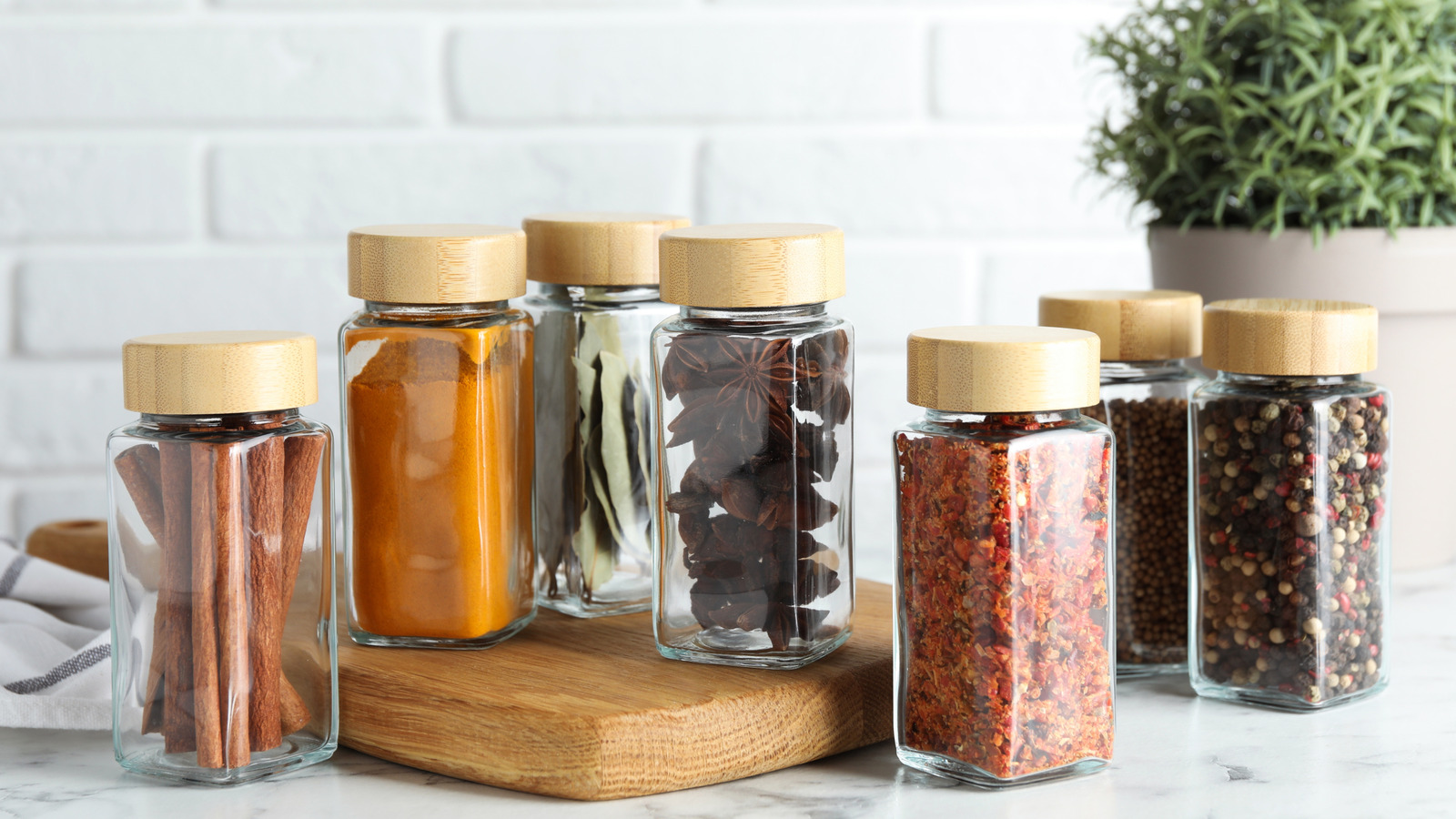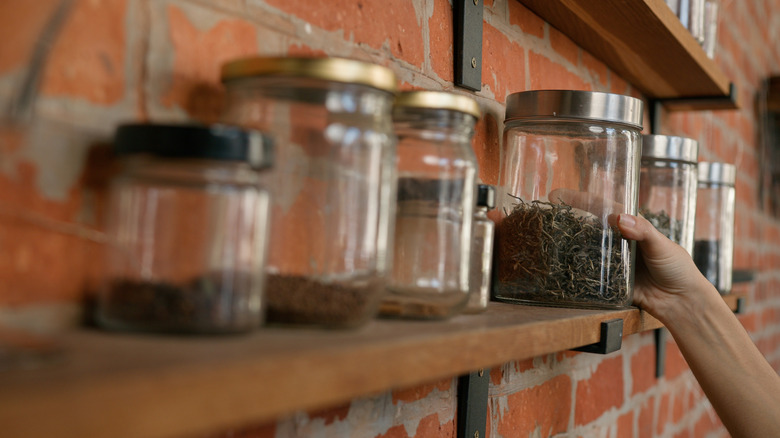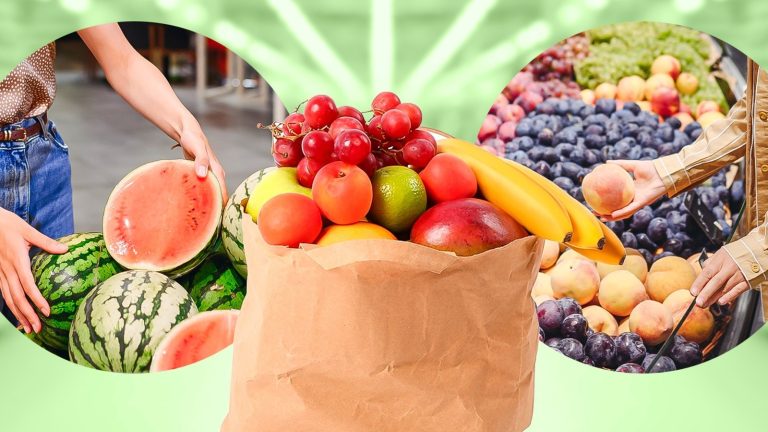You season your food, wash your hands, wipe down the counter, and feel like a kitchen hygiene hero. But what about that paprika jar you grabbed with raw chicken fingers? Or the cumin lid you twisted open mid-meatball mix? According to a study published in the Journal of Food Protection, skipping one tiny cleaning step could be the one of the worst kitchen sanitation mistakes you are making. And it’s hiding in plain sight!
The research found that spice containers were among the most contaminated surfaces in home kitchens, out-grossing even the sink and the garbage bin when it came to harboring harmful bacteria like E. coli and Salmonella. Yep, those cute little jars of oregano and garlic powder are secretly germ magnets. And if you are like most home cooks, you are probably not wiping them down nearly enough.
It’s easy to see how it happens. You are mid-cook, hands deep in that flavorful ground beef, and muscle memory leads you to grab the nearest jar of seasoning. Twist, sprinkle, maybe double dip. The flavor? On point. The bacteria? Hitching a ride and ready to spread. And because most people don’t think to clean their spice jars after cooking, those microbes stay put, until the next meal, and the next, and the next.
The spice jar slip-up
Unlike cutting boards or kitchen knives that go straight into the sink after each use, spice jars are sneaky. They look clean, but the average jar lid plays host to a microbial party after just one contact with raw food residue. The study, which observed participants making turkey burgers, found that more than 48% of spice containers used during meal prep tested positive for contamination after one cooking session.
And it’s not only raw meat that can leave bacteria around the kitchen (which you should be washing your hands after touching anyway, to avoid meat-related safety issues). Handling produce, eggs, or even tossing a salad with bare hands can lead to cross-contamination if you reach for the thyme without thinking. In a high-touch area like your kitchen, it doesn’t take much to turn a recipe into a bacteria relay race.
The fix? Ridiculously easy. Keep a damp, soapy cloth or antibacterial wipe nearby, and make a habit of wiping down your spice jars after each major cooking session. If you are cooking with raw meat or eggs, wipe them immediately after use. Better yet, pre-measure your seasonings into small bowls before you dive in. Yes, it’s an extra step, but so is recovering from food poisoning!






